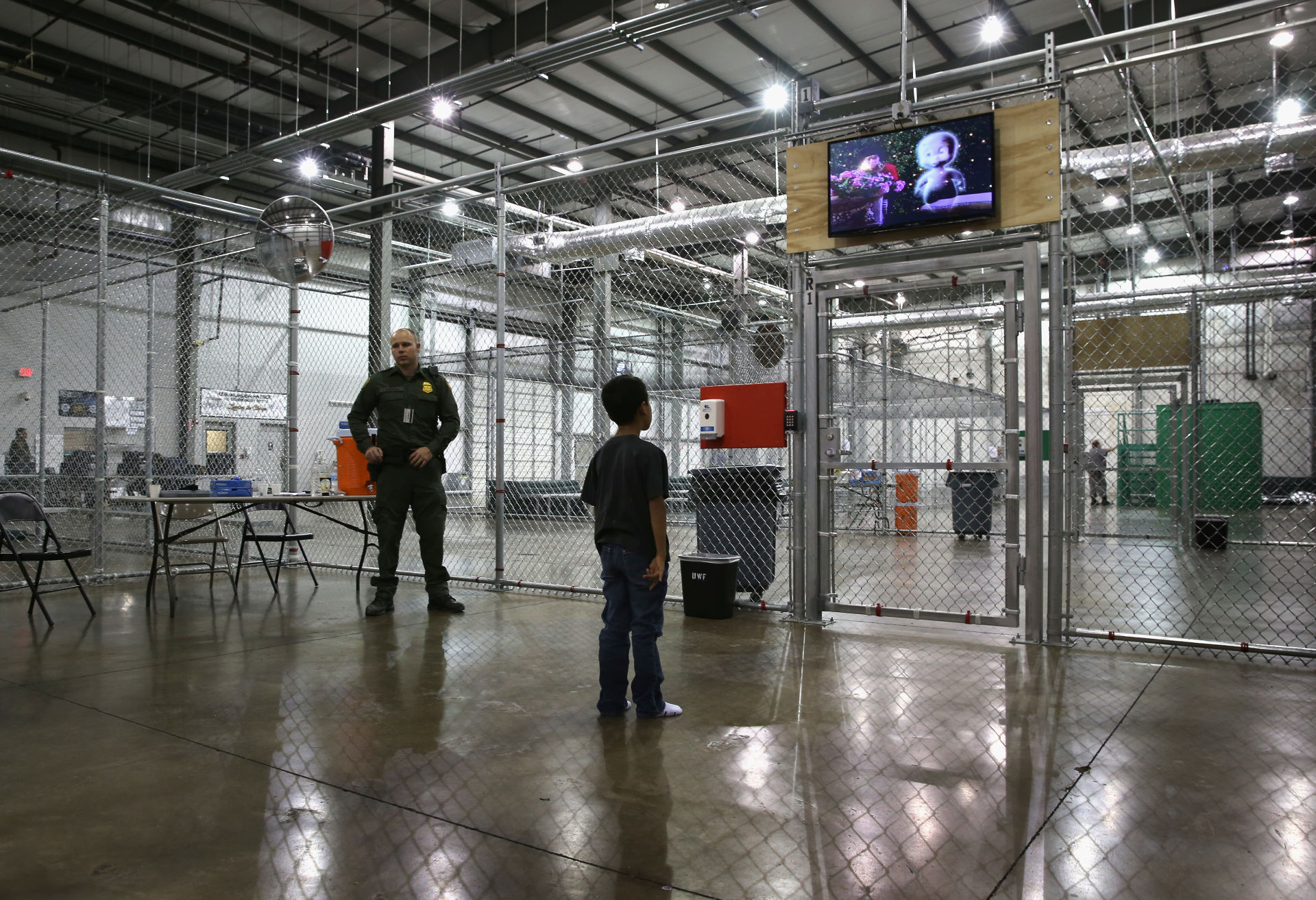James Burns: Ex-Soldier's Fear And The Belfast Hospital Incident

Table of Contents
The Belfast Hospital Incident: A Detailed Account
The Belfast hospital incident, involving ex-soldier James Burns, unfolded on [Insert Date, if available]. Details surrounding the exact sequence of events remain somewhat shrouded, but reports indicate that [Insert detailed account of the incident, citing sources where possible. Be sensitive and avoid sensationalizing the event]. The incident details quickly spread, sparking intense media coverage and public discussion. Witness testimony [mention any available accounts, ensuring accuracy and ethical considerations are met], though varied, painted a picture of [Summarize the overarching narrative suggested by witness accounts]. Legal proceedings [mention if any legal actions were taken, e.g., investigations, court cases, or their outcomes. Again, maintain ethical considerations and accuracy]. The legal repercussions, if any, highlighted the complexities of addressing the actions of individuals suffering from severe trauma. Understanding the full context of the Belfast hospital incident requires careful consideration of all available evidence and witness testimony.
Understanding James Burns' Trauma and PTSD
James Burns's actions at the Belfast hospital were undeniably linked to his experiences as an ex-soldier suffering from Post-Traumatic Stress Disorder (PTSD). PTSD is a mental health condition triggered by a terrifying event — either experiencing it or witnessing it. Common PTSD symptoms include:
- Flashbacks: Reliving the traumatic event as if it were happening again.
- Nightmares: Recurring dreams about the trauma.
- Avoidance: Staying away from places, people, or thoughts that remind them of the event.
- Hyperarousal: Being constantly on edge, easily startled, and having trouble sleeping.
The high prevalence of PTSD among veterans underscores the link between military service and mental health challenges. For James Burns, potential triggers for his PTSD could include:
- Combat experiences: Direct involvement in intense fighting situations.
- Witnessing traumatic events: Observing the suffering or death of colleagues or civilians.
- Loss of comrades: The emotional toll of losing close friends or fellow soldiers.
- Other potential stressors: Exposure to extreme violence, moral injury, or prolonged periods of high stress.
Understanding these potential triggers offers crucial insight into the complex interplay between James Burns's military past and the Belfast hospital incident. It highlights the need for comprehensive support systems for veterans dealing with military trauma.
The Impact of the Incident on Veterans' Mental Health Awareness
The Belfast hospital incident, and its subsequent media coverage, generated significant public discussion regarding PTSD and veterans' mental health. The public reaction ranged from [mention specific examples of public reactions, both positive and negative, maintaining a balanced perspective]. This increased media attention played a crucial role in raising awareness of PTSD symptoms and the challenges faced by veterans returning from active service. The incident may have inadvertently contributed to:
- Increased funding for veteran support services.
- Policy changes to improve mental health care access for veterans.
- A more open and understanding public dialogue surrounding mental health issues.
The Belfast hospital incident served as a stark reminder of the importance of seeking help for PTSD. Early intervention and access to appropriate treatment can significantly improve outcomes for veterans struggling with trauma.
Learning from James Burns' Experience and the Belfast Hospital Incident
The Belfast hospital incident involving James Burns, an ex-soldier suffering from PTSD, offers a crucial case study in understanding the devastating effects of military trauma. The incident highlighted the urgent need for better support systems for veterans struggling with PTSD and other mental health issues. It also underscores the importance of public awareness and a compassionate approach to those grappling with the invisible wounds of war. If you or someone you know is a veteran experiencing the effects of a similar incident, please seek help. Learn more about PTSD and how to support ex-soldiers dealing with trauma. Understanding the complexities of PTSD and the Belfast hospital incident is vital to building a more supportive environment for our veterans. The ongoing need for support and understanding regarding veteran mental health cannot be overstated.

Featured Posts
-
 Ufc 314 Official Bout Order For Main Card And Preliminary Fights Revealed
May 05, 2025
Ufc 314 Official Bout Order For Main Card And Preliminary Fights Revealed
May 05, 2025 -
 Seven Fatalities Reported In Yellowstone Area Vehicle Collision
May 05, 2025
Seven Fatalities Reported In Yellowstone Area Vehicle Collision
May 05, 2025 -
 Sydney Sweeney And Jonathan Davino Breakup Rumors Swirl Following Recent Hotel Stay
May 05, 2025
Sydney Sweeney And Jonathan Davino Breakup Rumors Swirl Following Recent Hotel Stay
May 05, 2025 -
 Australia Votes Albaneses Labor Leads In Election Polls
May 05, 2025
Australia Votes Albaneses Labor Leads In Election Polls
May 05, 2025 -
 Eight Hours In A Tree A Migrants Escape From Ice Detention
May 05, 2025
Eight Hours In A Tree A Migrants Escape From Ice Detention
May 05, 2025
